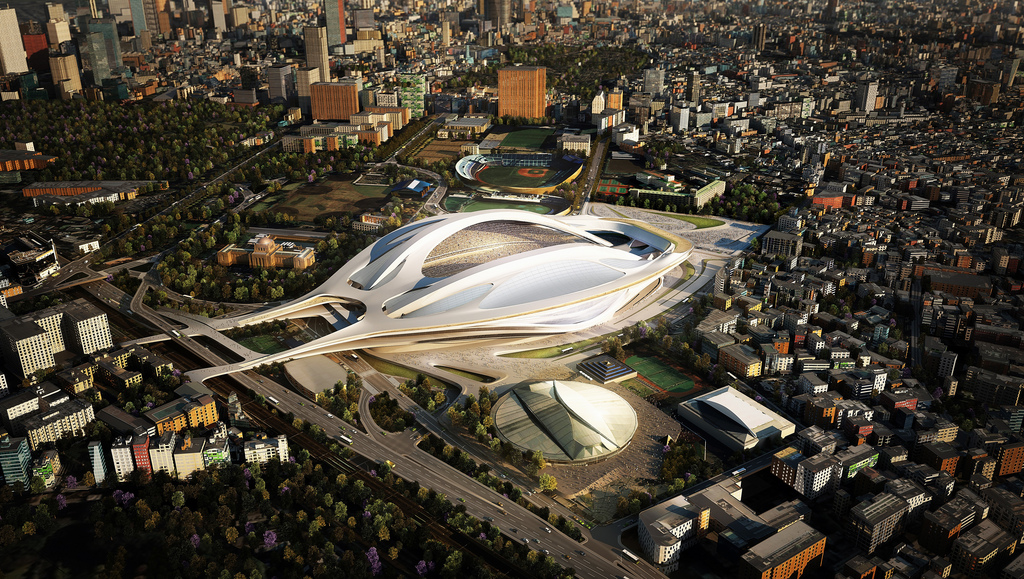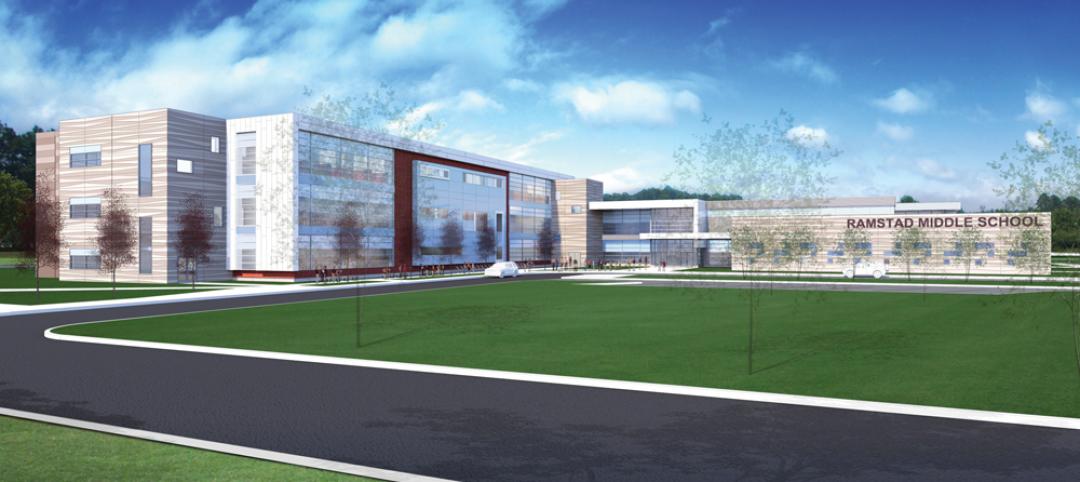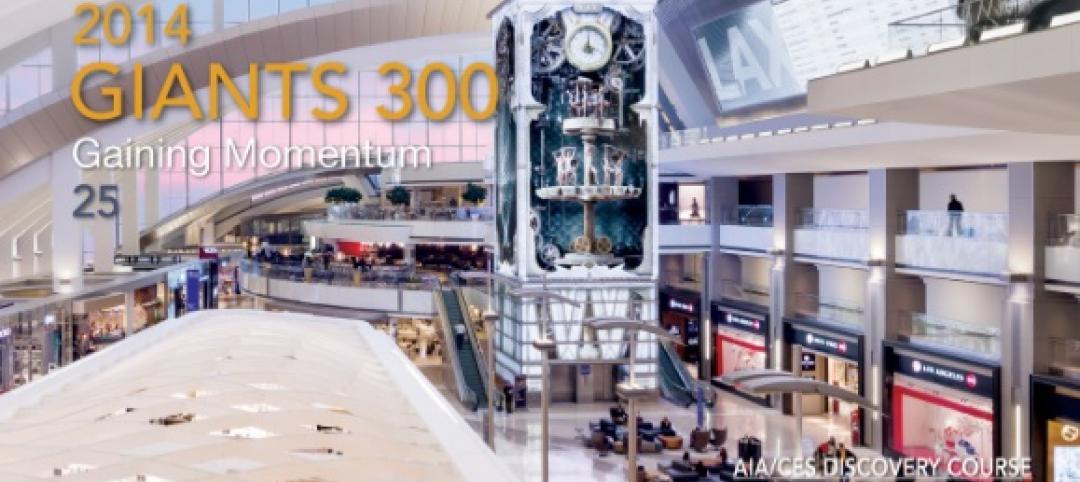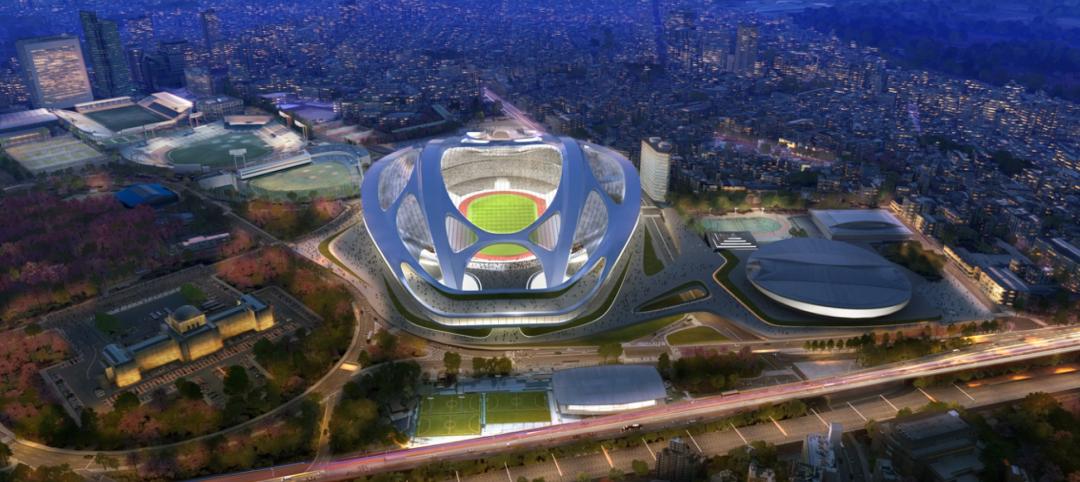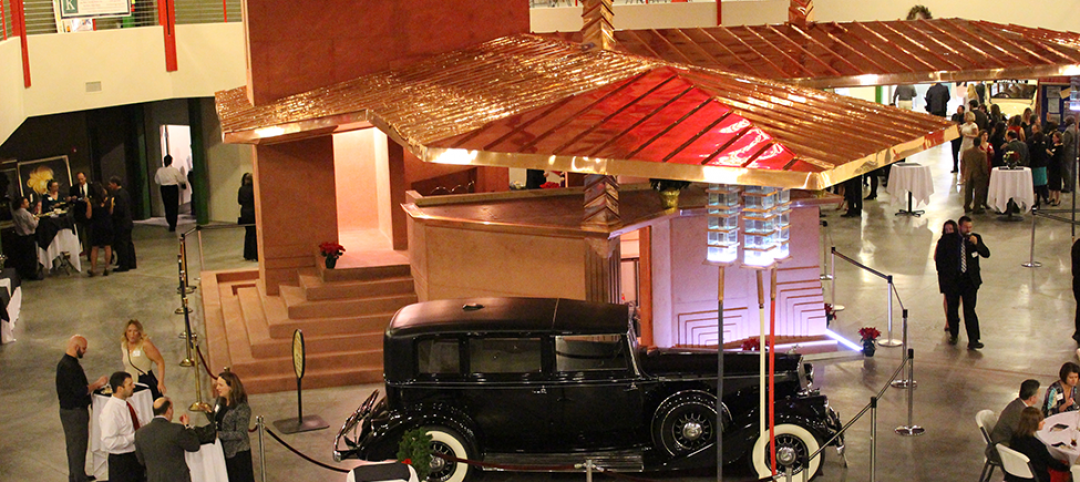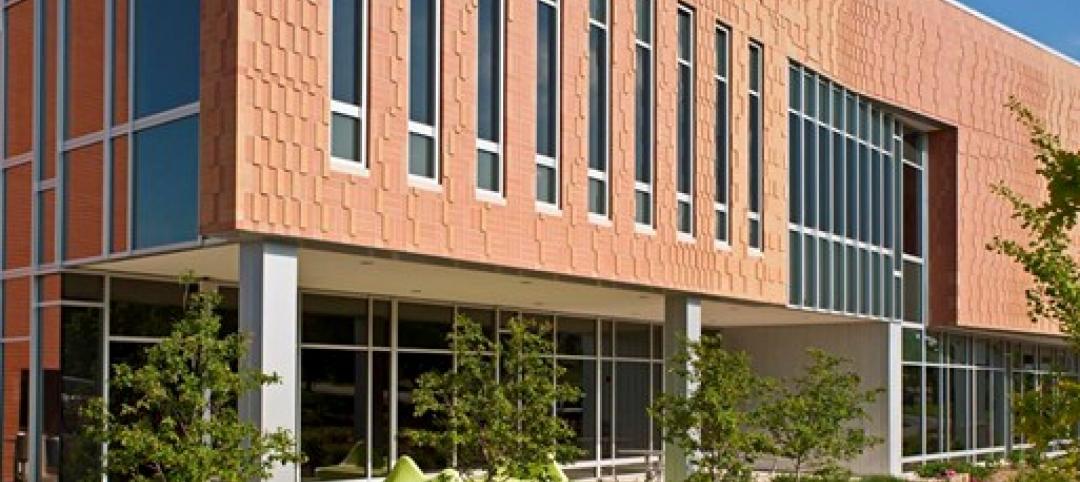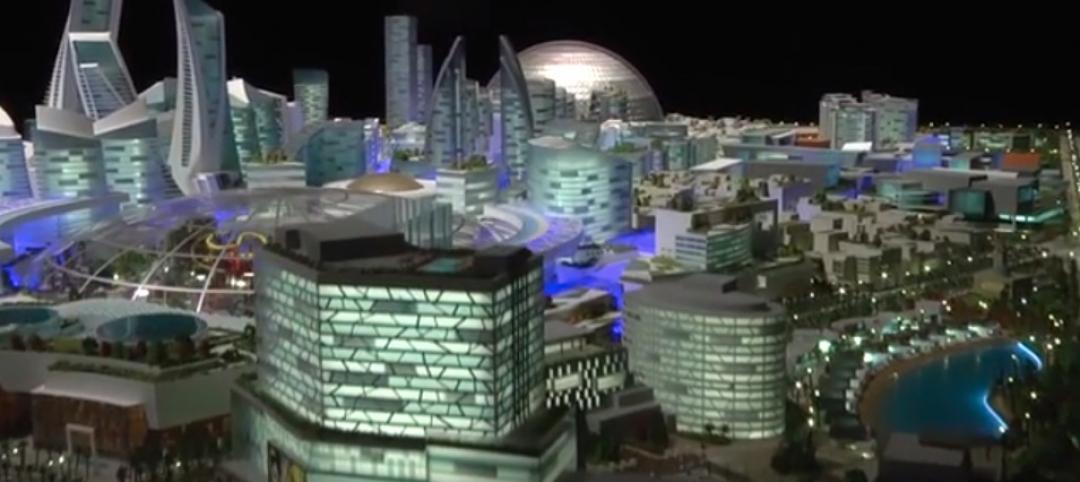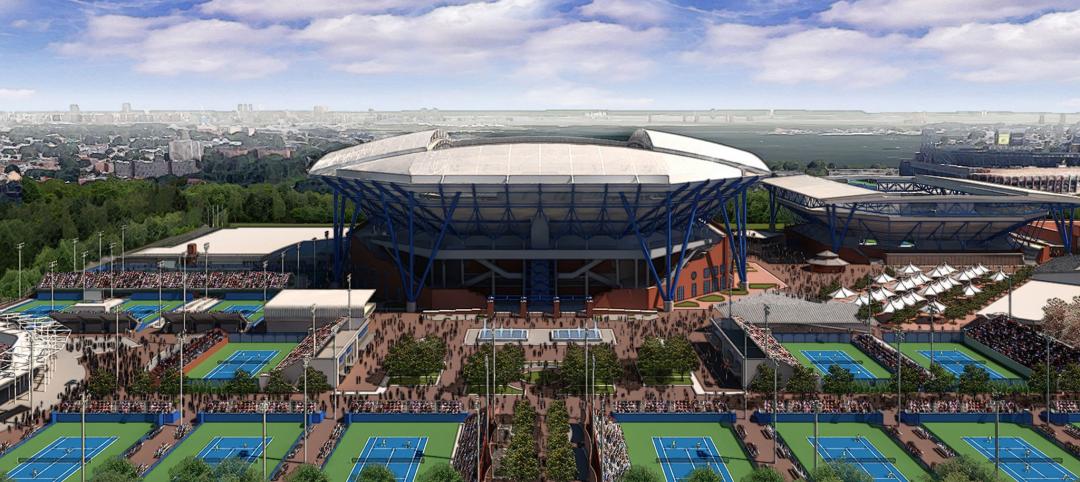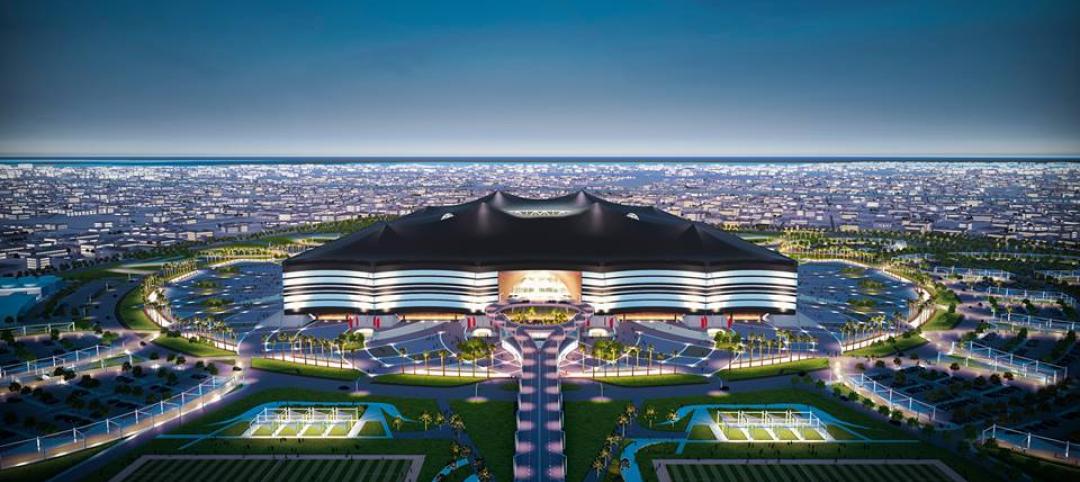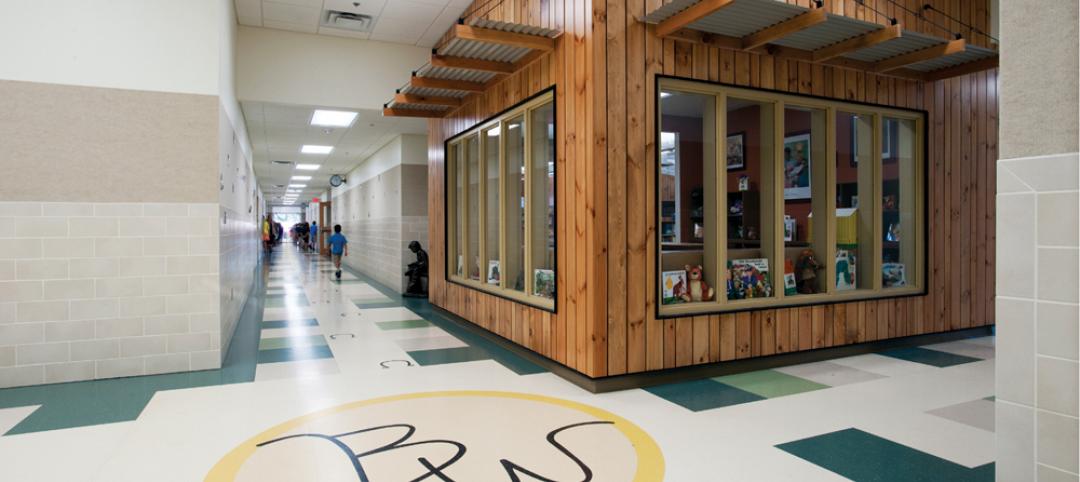Tokyo will have to find a new signature venue for the 2020 Olympics.
ArchDaily reports that Japan, led by Prime Minister Shinzo Abe, announced today that it is ditching its plans to build an 80,000-seat Olympic Stadium in the city. In 2012, Zaha Hadid's architecture firm, Zaha Hadid Architects, won the rights to design the bicycle helmet-shaped stadium.
The rising price tag was one of the downfalls of the 70-meter-tall, 290,000-sm stadium. In 2014, the cost of the project was 163 billion yen, but that rose to 252 billion yen this year—the equivalent of jumping from $1.3 billion to around $2 billion.
The project was riddled with revisions and delays, along with some serious design flaws. Even as recently as a month ago, Japan was still set on continuing with the stadium, citing that any modifications would lead to construction delays.
Critics said the stadium would have encroached on local green space, like the Jingu Outer Gardens, and would have put a financial strain on future generations. Two Pritzker laureates, Toyo Ito and Fumihiko Maki, created a petition that gained nearly 15,000 signatures to stop the construction of the stadium. Alternate proposals included retrofitting existing stadiums from the 1964 Olympics.
Abe said that despite abandoning the design, the stadium would be ready by 2020 for the Olympics and the Paralympics that year, but that it would not be ready for the 2019 Rugby World Cup.
Zaha Hadid Architects released a statement saying that a revamped project would be ready for the 2019 Rugby World Cup along with the Olympics, and that "it is absolutely right that the benefits and costs of the new National Stadium should be clearly and accurately communicated and understood by the public and decision-makers in Japan and we hope that this is one of the objectives of the review announced by the Prime Minister."
Related Stories
| Jul 18, 2014
Top Architecture Firms [2014 Giants 300 Report]
Gensler, Perkins+Will, NBBJ top Building Design+Construction's 2014 ranking of the largest architecture firms in the United States.
| Jul 18, 2014
2014 Giants 300 Report
Building Design+Construction magazine's annual ranking the nation's largest architecture, engineering, and construction firms in the U.S.
| Jul 17, 2014
A new, vibrant waterfront for the capital
Plans to improve Washington D.C.'s Potomac River waterfront by Maine Ave. have been discussed for years. Finally, The Wharf has started its first phase of construction.
| Jul 8, 2014
Does Zaha Hadid’s Tokyo Olympic Stadium have a design flaw?
After being criticized for the cost and size of her stadium design for the 2020 Olympics in Tokyo, a Japanese architect points out a major design flaw in the stadium that may endanger the spectators.
| Jul 8, 2014
Frank Lloyd Wright's posthumous gas station opens in Buffalo
Eighty-seven years after Frank Lloyd Wright designed an ornamental gas station for the city of Buffalo, the structure has been built and opened to the public—inside an auto museum.
| Jul 7, 2014
7 emerging design trends in brick buildings
From wild architectural shapes to unique color blends and pattern arrangements, these projects demonstrate the design possibilities of brick.
| Jul 7, 2014
A climate-controlled city is Dubai's newest colossal project
To add to Dubai's already impressive portfolio of world's tallest tower and world's largest natural flower garden, Dubai Holding has plans to build the world's largest climate-controlled city.
| Jul 3, 2014
Arthur Ashe Stadium the latest to tap Birdair
The United States Tennis Association (USTA) and ROSSETTI, the architect of record for the Arthur Ashe Stadium, tapped Birdair to supply a 210,000-square-foot, PTFE membrane, retractable roof, expected to be installed by 2016.
| Jul 2, 2014
First Look: Qatar World Cup stadium design references nomadic heritage
Organizers of the Qatar 2022 World Cup, the Supreme Committee for Delivery and Legacy, recently unveiled designs for the second stadium.
| Jul 2, 2014
Emerging trends in commercial flooring
Rectangular tiles, digital graphic applications, the resurgence of terrazzo, and product transparency headline today’s commercial flooring trends.


